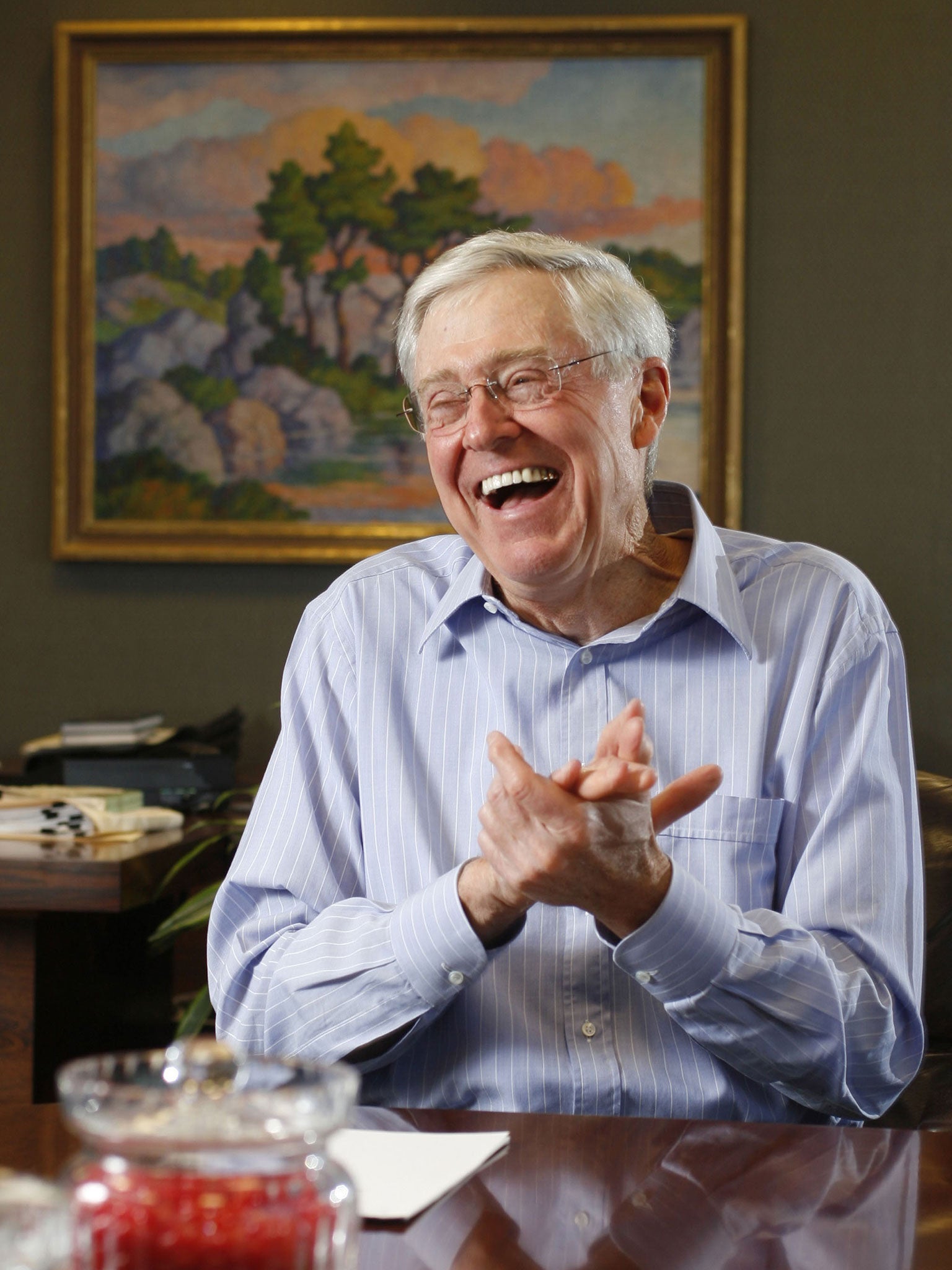Donald Trump campaign in secret talks with Republican Party for financial help
New poll shows Trump and Clinton neck and neck in key swing states

Donald Trump is in a money vice that may force him to moderate his rhetoric and bend to Republican Party demands that he adopt a more “presidential” mien in return for their help in raising funds.
The financial realities of his emerging suddenly as the party’s presumptive nominee are only now setting in for the Trump campaign, which during the long primary march was a mostly shoe-string affair that depended on the candidate’s own ability to draw huge crowds, put himself about on social media and tease out endless press fascination precisely with outrageousness.
Thus while in recent days he has publicly reveled in his continuing squabbles with the Republican hierarchy - in particular his spat with House speaker Paul Ryan over the latter’s disinclination to endorse him - Mr Trump is at the same time moving swiftly to try build bridges with the party in Washington DC and forge an urgently needed joint fund-raising agreement.
Some kind of reckoning may be near for Mr Trump who must choose between two paths - continuing his populist pitch as the brave and carefree violator of all things establishment and politically correct or submitting to the demands of Mr Ryan, with whom he has a much anticipated meeting in Washington on Thursday, that he play nice and, if you like, play normal.
Normal would begin with the establishment of a traditional symbiotic relationship between party machinery and nominee, whereby the party would swing into action to raise the huge sums for the nominee who in turn would make himself available to help generate cash for the party, which has its own battles in November to retain control of both chambers of Congress.
Both sides need this to happen, assuming they can get past their mutual distrust. Mr Trump spent roughly $40 million of his own fortune capturing the nomination, but the general election against the Democratic nominee - presumably Hillary Clinton - could cost as much as $1.5 billion. He has already said he doesn’t fancy “selling buildings” to cover that himself.
There was fresh indication on Tuesday that a Trump-Clinton matchup could be more competitive than some have anticipated. A new Quinnipiac University poll, considered among the more reliable of surveys, showed the two neck and neck in the three vital swing states of Ohio, Florida and Pennsylvania. Indeed in Ohio, Mr Trump is leading Ms Clinton 43 per cent to 39 per cent. While there are months to go yet, the numbers will cause some Democrats to shudder.
Without much ballyhoo almost all of the top aides of what remains a highly understaffed and under-resourced Trump campaign trooped on Monday to the headquarters of the Republican National Committee, RNC, in Washington to work on settling the arms of a funding deal.
The two sides reaching an accord will probably depend in part on Mr Trump’s own meetings in Washington on Thursday. Aside from huddling with Mr Ryan, the candidate is also due to meet other top Republican leaders including Mitch McConnell, the party’s leader in the Senate.
What even the RNC can’t control, however, is the mood of it usually reliable collection of mega donors, the people who act as so-called “bundlers” corralling cash from likeminded supporters for the party and for its nominee in an election year and who, in some cases, pour their money into the political committees, or super PACs, that can give important outside heft to a candidate.
It is not a good sign for Mr Trump that at a gala dinner for conservatives on Monday night, one of those donors, Paul Singer, a billionaire Wall Street financier, told guests that he considered both Mr Trump and Ms Clinton as unacceptable. He exhorted fellow conservatives to “stand up for what we believe, which is not embodied by either choice on the menu in November.”
Nor has there been anything to suggest that billionaire brothers David and Charles Koch are about to reconsider their decision to stay on the sidelines of the 2016 election because of their distaste for Mr Trump. They had been expected to pour as much as $900 million into the favourite super PACs that could have given the Republican crucial help. Another group, American Crossroads led by Karl Rove, has also not said yet if it will board a Trump train.
After winning the Indiana primary last week and thus forcing his last two remaining rivals, Ted Cruz and John Kasich, from the nomination contest, Mr Trump almost instantly acknowledged that he could not continue funding his campaign on his own and hired Steven Mnuchin, a hedge fund CEO and former Goldman Sachs executive to head a his finance committee going forward. Mr Mnuchin was a key member of the Trump delegation in Washington DC this week.
Finding a way to join hands with the Republican Party machine is also crucial because of all the voter data it could offer the Trump campaign which thus far has almost none of its own, in contrast to far more sophisticated back-up enjoyed by Ms Clinton and by her rival Bernie Sanders, who on Tuesday night were locked in competition again in the primary contest in West Virginia.
The threadbare nature of the Camp Trump was in evidence again on Tuesday when it emerged that Corey Lewandowski, who is the campaign manager, would also take on the task of launching the search for a running mate to join their ticket.
Join our commenting forum
Join thought-provoking conversations, follow other Independent readers and see their replies
Comments